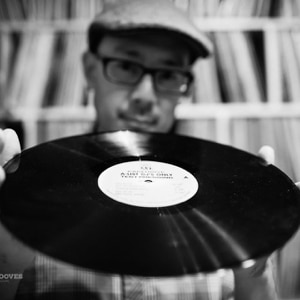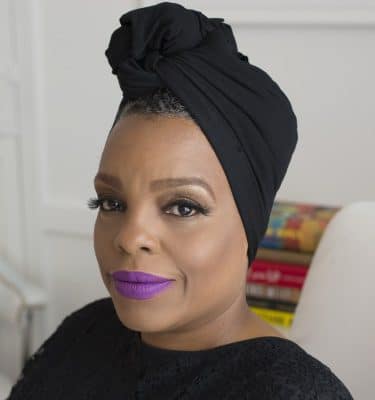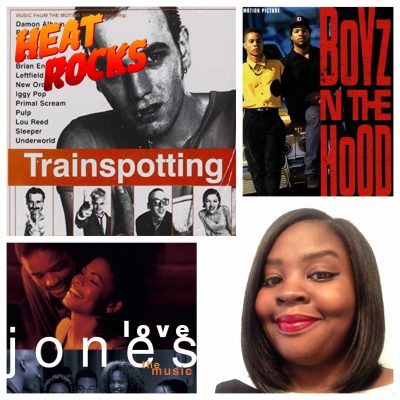Episode notes
The Album: M.I.A. Kala (2007)
In 2005, when M.I.A. dropped onto the pop scene with her debut, Arular, heads weren’t quite ready. It was like she brought the full force of Global South dance culture in with her — gloriously bombastic — and the Sri Lankan/British singer/rapper simply didn’t sound like anyone else on the charts. For her follow-up, the idea on paper seemed smart: why not pair M.I.A. with one of the most innovative American producers of that era: Timbaland. Alas, in a post-9/11 world, Homeland Security deemed M.I.A. a threat to national security and refused to give her the necessary visa to come work in the U.S. Undaunted, M.I.A. and producer Switch jumped around the world, recording parts of what would eventually become Kala in cities across South America, Africa and Asia. The resulting masterpiece, propelled on the strength of the eventual mega-smash “Paper Planes,” all but established M.I.A. as a key voice in a different kind of new world order, one in which the borders of nationalism and colonialism were imploding and emergent movements and calls to action were part of that destabilization. As it turned out, M.I.A. didn’t need to come to the U.S. to help invade it with her sound.
Kala was the album pick of this week’s guest, Lorraine Ali who currently writes about television for the Los Angeles Times but also got her start as a music critic. As one of the few Muslim American culture critics out there, Lorraine connected heavily with who and what M.I.A. represented and during the course of our conversation, we got into what it was like to listen to Kala in the wake of the second Gulf War, burgeoning refugee crises and the shifting geo-political map in which the music of the Global South could be heard as a subversive force, bamboo bangas and all.
More on Lorraine Ali
- Her 2008 cover story on M.I.A. for Spin
- Her LA Times archive
- Website | Twitter
More on Kala
- Oliver’s original 2007 NPR review
- Kala Turns 10 (Stereogum)
- Looking Back at the Passion and Politics of M.I.A.’s Kala (Dazed)
Show Tracklisting (all songs from Kala unless indicated otherwise):
- Paper Planes
- M.I.A.: Galang
- XR2
- Come Around
- Bird Flu
- 20 Dollar
- The Turn
- Mango Pickle Down River
- M.I.A.: Bad Girls
- Boyz
- World Town
- Jimmy
- Paper Planes
- The Clash: Straight To Hell
- Hussel
- Bamboo Banga
- Paper Planes
- Diga Rhythm Band: Razooli
- Mohammad Rafi and Kishore Kumar: Humko Tumse Ho Gaya Hai Pyar
Here is the Spotify playlist of as many songs as we can find there
If you’re not already subscribed to Heat Rocks in Apple Podcasts, do it here!
In this episode...
Guests
- Lorraine Ali
About the show
Hosted by Oliver Wang and Morgan Rhodes, every episode of Heat Rocks invites a special guest to talk about a heat rock – a hot album, a scorching record. These are in-depth conversations about the albums that shape our lives.
Our guests include musicians, writers, and scholars and though we don’t exclusively focus on any one genre, expect to hear about albums from the worlds of soul, hip-hop, funk, jazz, Latin, and more.
New episodes every Thursday on Apple Podcasts or whatever you get your podcasts.
Subscribe to our website updates for exclusive bonus content (including extra interview segments, mini-episodes, etc.)
Meanwhile, you can email us at heatrockspod@gmail.com or follow us on social media:
People
How to listen
Stream or download episodes directly from our website, or listen via your favorite podcatcher!









